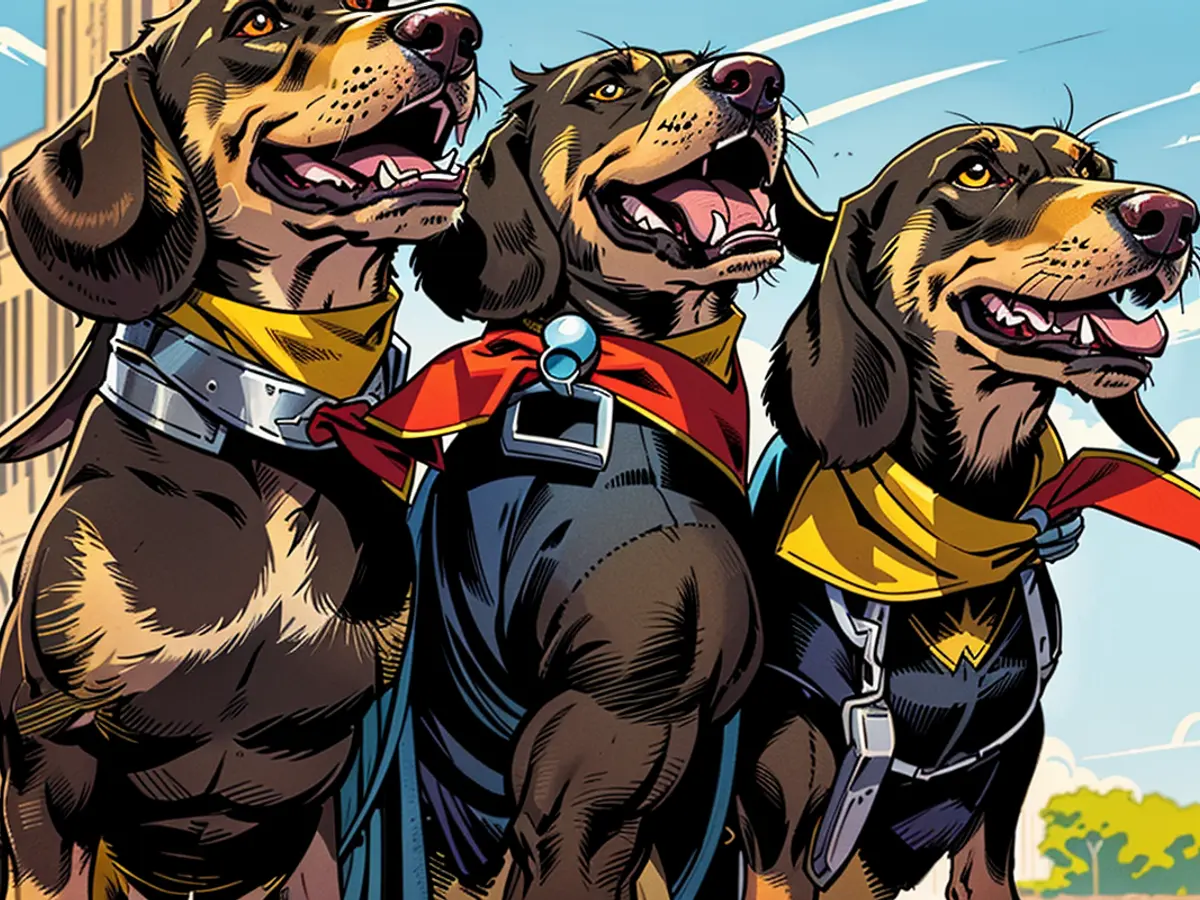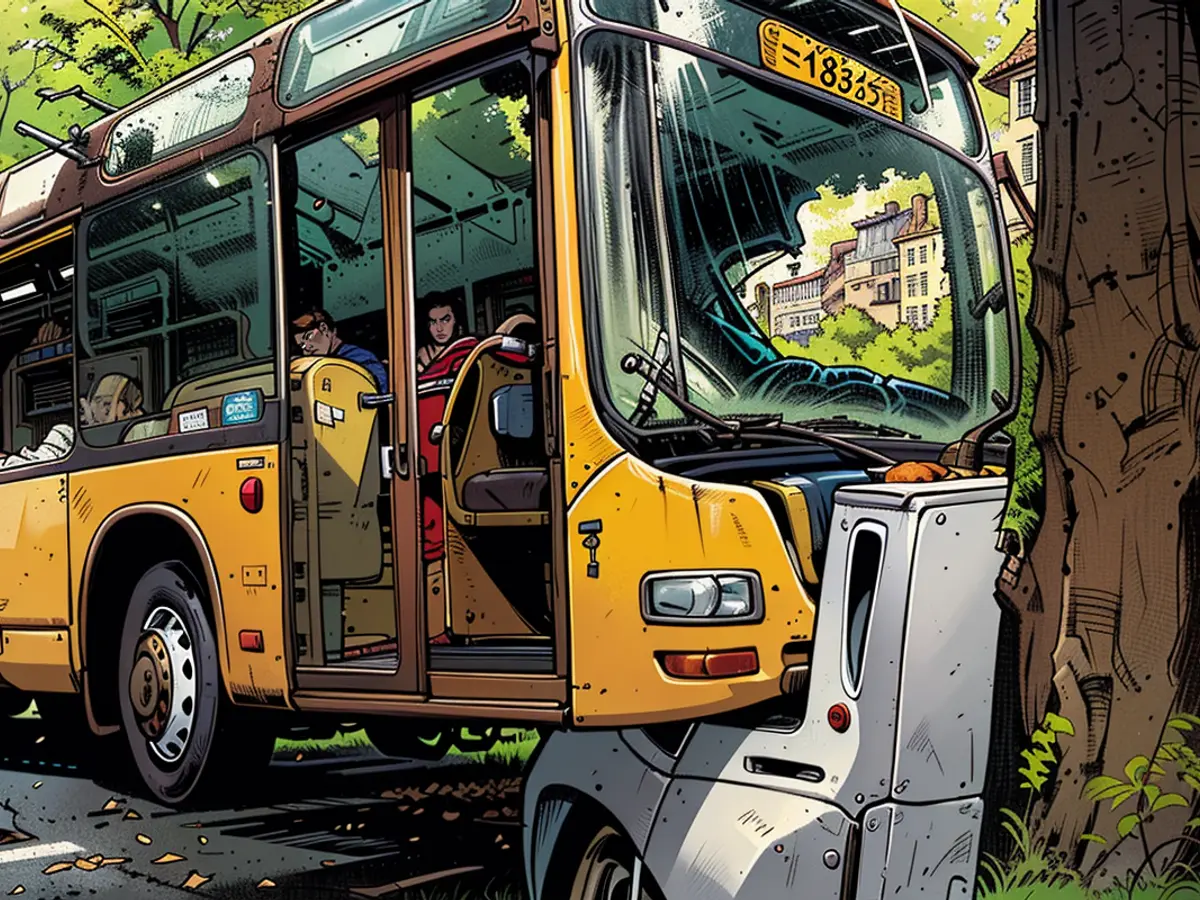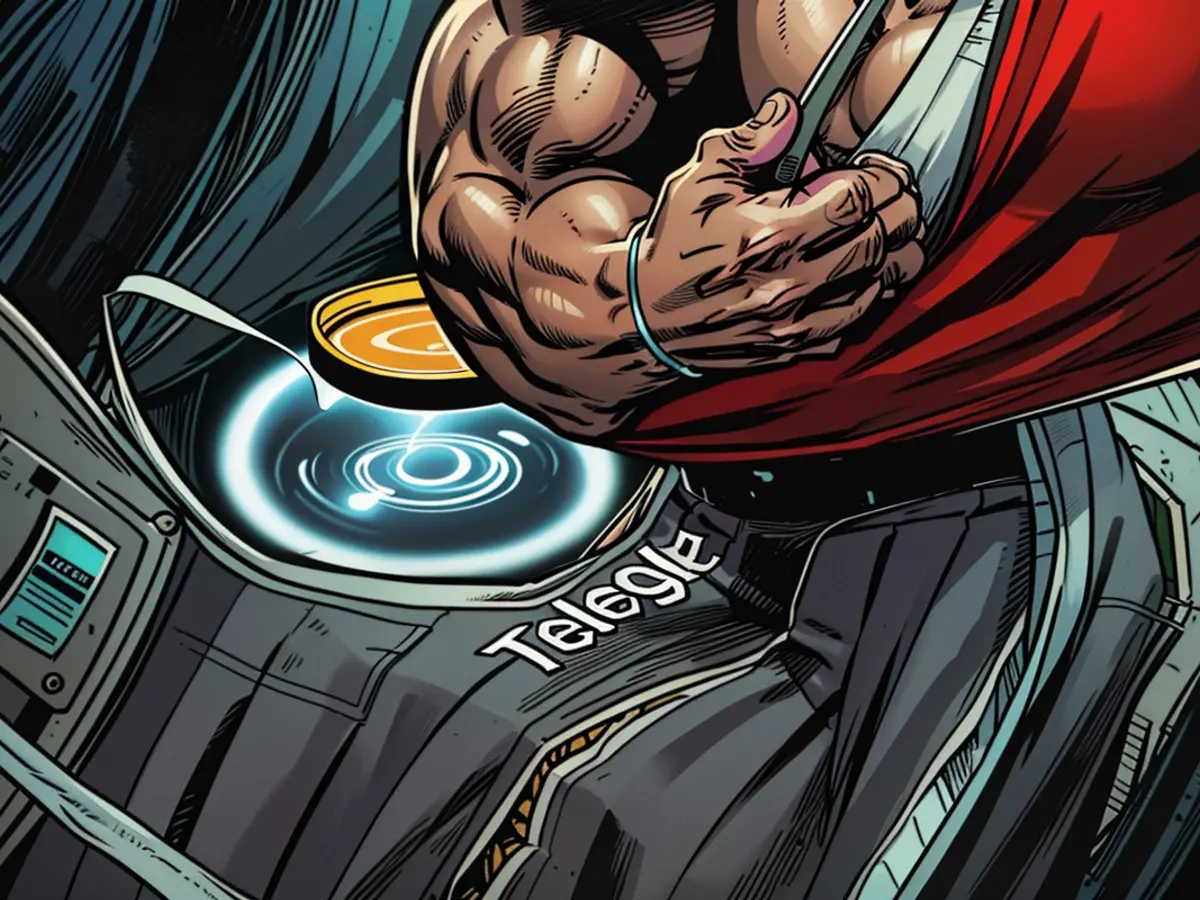Protezione Animali - guerra di cultura Sulla Dackel
If he were the mascot for the 1972 Olympic Games, a loyal companion in the TV series "Hausmeister Krause - Ordine deve esserci" or a dashboard decoration in a car - the Dachshund is a cult figure in Germany. In recent weeks, concerns have arisen among owners regarding the future of the Dachshund. Fans of the little four-legged friend fear that a reform of animal protection laws could threaten the breed.
Different perspectives clash here. For dog breeders, and especially Dachshund breeders, the proposed regulations go too far and, in their opinion, significantly restrict the breeding of healthy animals. The federal government's plan, for example, aims to prevent the passing on of disadvantageous traits for animals, such as short legs, in breeding.
Animal welfare activists welcome the reform proposed by Federal Agriculture Minister Cem Özdemir (Verdi Verdi) in principle. They also see room for improvement. But why does this topic stir so many emotions?
The Dachshund as a favorite breed in Germany
Few dog breeds have as many animals in Germany as the Dachshund. According to the German Kennel Club, over 6,300 Dachshund puppies were registered in its member clubs in 2022, making it the second most popular breed after the German Shepherd.
Heike Maiwald is not surprised by this. She is the spokesperson for the German Dachshund Club 1888, a breeding association with over 20,000 members. She herself is also an active breeder. "The Dachshund is so popular and widespread, across all generations. Many Dachshund owners have had three or four Dachshunds in their lives and have remained loyal to the breed," she says.
For Maiwald, the Dachshund is as much a part of Germany as the national eagle could be - she would even prefer a federal Dachshund instead. Comedian Tom Gerhardt shares this sentiment. As "Hausmeister Krause," he was always accompanied by his loyal Dachshund Bodo in the TV series of the same name. "He has something unique in the dog world. He has a strong will, is tenacious, and has a big courage - all in stark contrast to his small body," Gerhardt told the German Press Agency. At the same time, the Dachshund is also a family pet.
"All for the Dachshund"
Gerhardt also found his way into the Dachshund cult through his series. He was even invited to the German Dachshund Museum in Regensburg. Of course, the motto of the Dachshund club, "Tutto per il Dachshund, tutto per il club, le nostre vite per il cane," was also frequently cited in the series.
Controversy over Dachshund breeding
Currently, Dachshund fans are under scrutiny due to so-called "Qualzuchten." Short or crooked legs, for example, can harm the animals. Agriculture Minister Özdemir wants to limit breeding possibilities in a planned animal protection law reform. This affects all dogs, but the Dachshund is particularly in the spotlight.
What do breeders say?
Maiwald and the German Dachshund Club argue that this is unfair. The traits that fuel the debate no longer correspond to the breeding goal of the German Rassendachshund and are rejected by their breeders. Instead, they claim that uninformed breeders or those breeding to less stringent standards from abroad are the real problem, and they would not be affected by the law.
The German Animal Welfare League identifies a legislative gap. There is a lack of prohibition on the import and trade of animals with cruelty traits. Therefore, qualitative animals could continue to be bred abroad and then brought to Germany. The Animal Welfare League welcomes the regulations for breeding domestically, however, they criticize outdated and health-harming breed standards.
Özdemir clarifies that breeding healthy animals remains allowed: "This law does not ban the Dachshund, it's a Pro-Dachshund law, as it helps the Dachshund live pain-free." The Dachshund Club criticizes the law as too vague and providing too much room for interpretations regarding what constitutes cruelty.
"The Church in the Village"
Hausmeister Krause has already expressed his displeasure about the legislative reform, as Gerhardt reports, and says that this has been noted. He himself only says about it: "There are so many Dachshunds that have grown up healthy and lived well that one might as well leave the church in the village."
- Cem Özdemir, ministro federale agricola della Verdi, ha proposto una riforma an Ellas legge di protezione animale, alzando preoccupazioni tra i proprietari di Dachshund riguardo al futuro della razza.
- Con oltre 6.300 cuccioli di Dachshund registrati nel 2022, la razza è la seconda più popolare in Germania, secondo il Club Kennel tedesco.
- Heike Maiwald, portavoce del Club Tedesco Dachshund 1888, crede che la popolarità e l'appalto transgenerazionali del Dachshund contribuiscono alla sua popolarità.
- Contemporaneamente, Tom Gerhardt, noto per la sua interpretazione di Hausmeister Krause nella serie TV, descrive il Dachshund come avendo una personalità unica con una volontà forte, tenacia e coraggio.
- Maiwald argomenta che le caratteristiche controversa che influiscono sul Dachshund, come le gambe corte, non allineano più con l'obiettivo di allevamento del Dachshund tedesco Rassendachshund e sono rifiutate dagli allevatori.
- Attivisti per la protezione animale accolgono la riforma di Özdemir, avanzando richieste di regolamenti più stringenti contro allevatori e commercianti non informati o meno rigorosi stranieri e standard di salute nocivi per la razza.
- Özdemir ha chiarito che la legge proposta non è una divieto sul Dachshund ma una misura per assicurare l'allevamento sano e una vita senza dolore per la razza.
- Le Leggi di Protezione Animale in Germania mancano di una proibizione sull'importazione e il commercio di animali con caratteristiche crudeli, un vuoto che la Lega Tedesca per l'Animale ha identificato.








